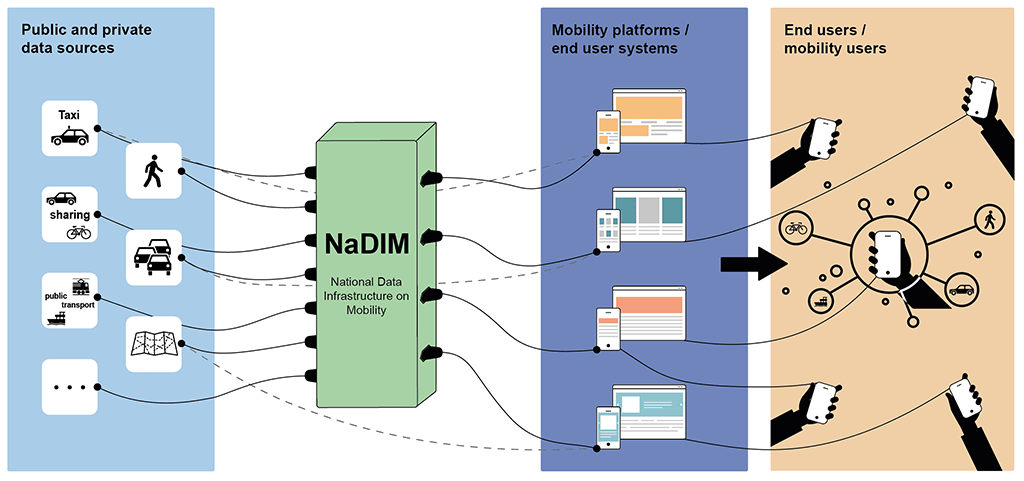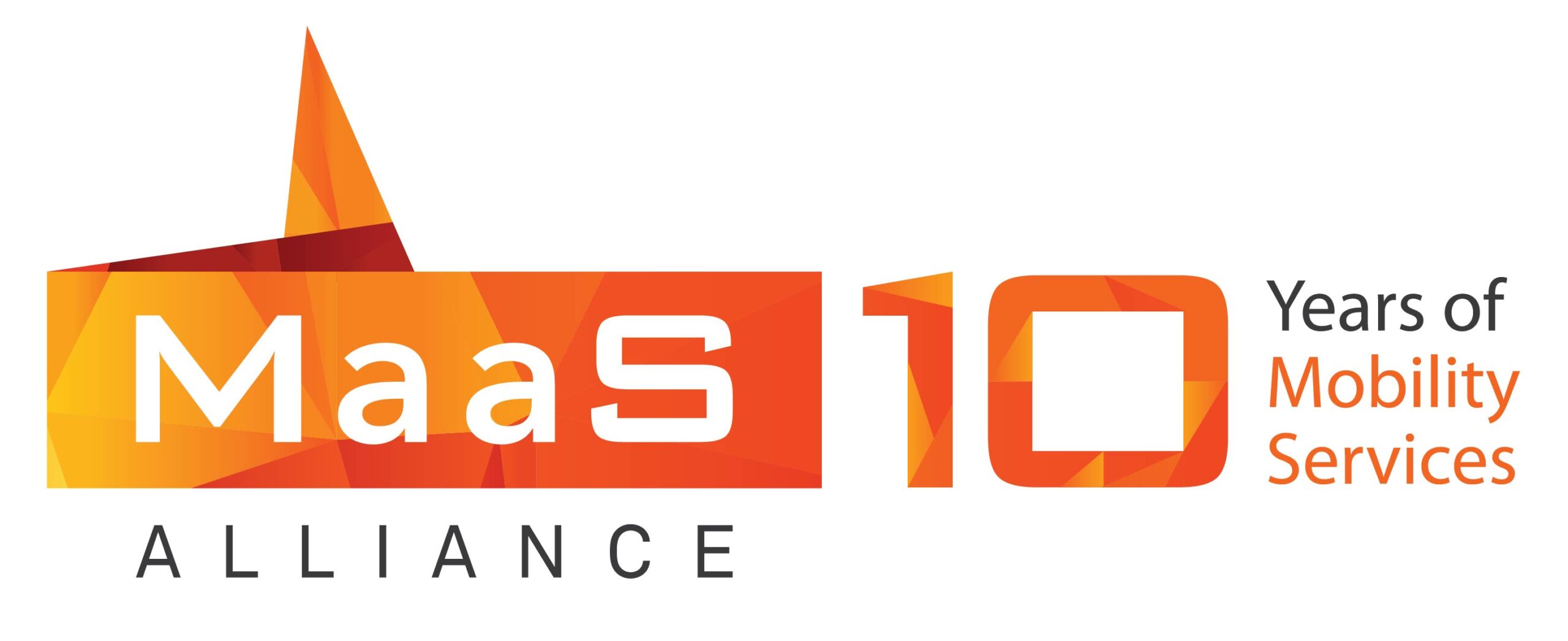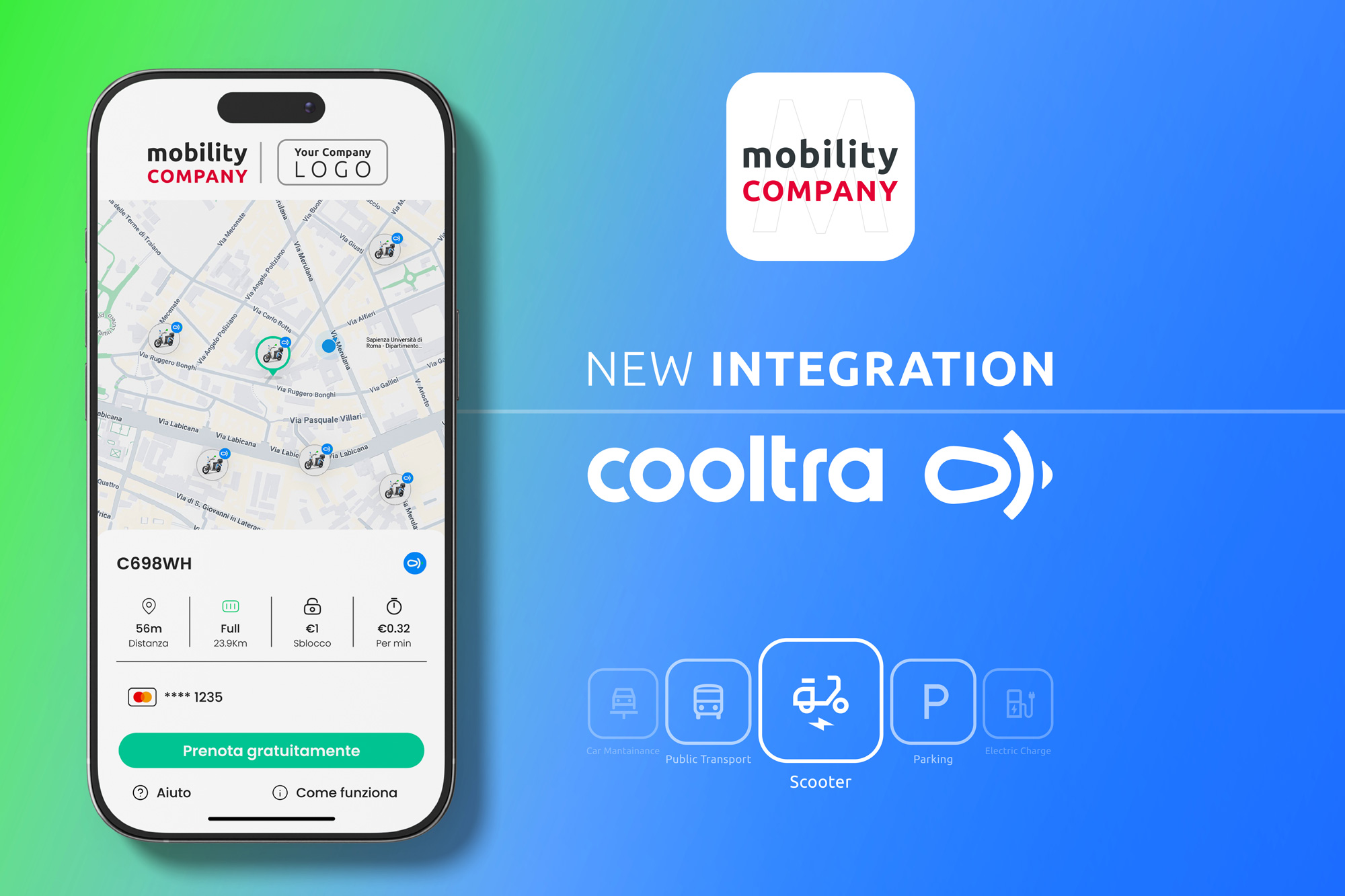
The Confederation wants to make it easier for people to combine different means of transport. For businesses to develop services to this end – for instance, mobile apps – they require access to data from various mobility and service providers. To make this exchange of information easier, the Confederation intends to offer a new public service in the shape of a national data infrastructure on mobility. Multimodal services will facilitate access to public transport, making it more attractive to new customers.
In the future, consumers will be able to put together customised multimodal mobility solutions, either on their computer or smartphone and purchase them directly online. This will make it easier to combine different forms of transport such as public transport, car, bicycle or mini scooter sharing, taxis and other forms of mobility, leading to more efficient and economic use of transport services. Hence, over time, the entire transport system will become more efficient and sustainable. The Federal Council submitted the corresponding bill on promoting multimodal services for consultation in 2018. The evaluation has shown that a majority of mobility service providers, associations, organisations, cantons and parties are in favour of better-integrated mobility services.
The most important requirement for improving multimodal mobility is making access to data easy and secure. This is essential if app developers and website operators are to provide consumers with integrated services, and mobility providers are to visualise their services and enable consumers to book them. Basic data on transport networks, means of transport and sales systems are not yet accessible in many areas. Active cooperation between app developers, mobility services providers and other data holders is rare and involves a lot of effort and expense for those involved.
In the light of this, the Federal Council has given DETEC a mandate to develop the ‘National Data Infrastructure on Mobility’ (NaDIM) for exchanging mobility data and to draw up the necessary legal provisions in the dispatch on multimodal mobility. NaDIM should be independent, reliable, open, non-discriminatory, transparent, non-profit-making, of a high quality and technically versatile. Use of the infrastructure is voluntary and the data remains with the respective owner, who also manages it. Implementation will take place in stages
Public transport should play a key role in multimodal mobility and be integrated easily into multimodal mobility services. This should make it easier for consumers to access public transport since the complex system of fares will no longer apply.
Opening public transport ticket sales to actors outside the sector should – as the public transport sector proposed in the consultation – be regulated by the sector itself and not by the Passenger Transport Act. Regulation must be in line with federal law, which means it must comply with the provisions on competition and the Passenger Transport Act. It must also be approved by the Federal Office of Transport.



